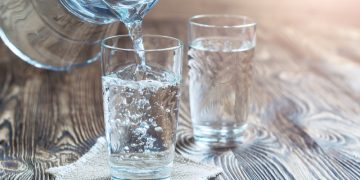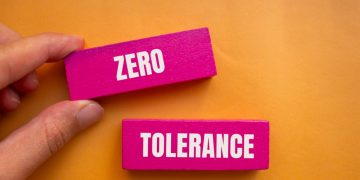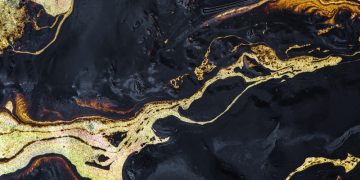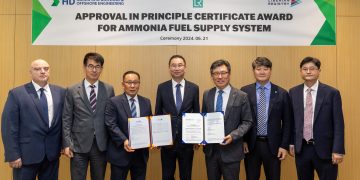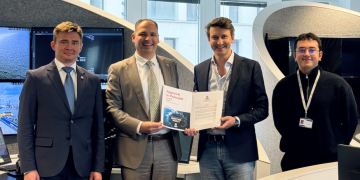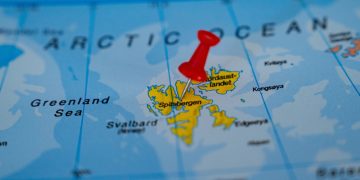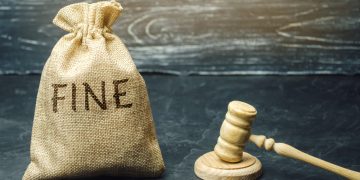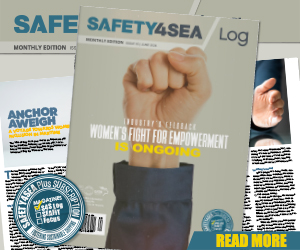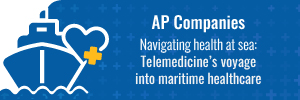IMO environment meeting completes packed agenda
Marine Environment Protection Committee 62nd session: 11 to 15 July 2011 IMO adopted amendments to the International Convention for the Prevention of Pollution from Ships (MARPOL) to designate the United States Caribbean Sea as a new emission control area (ECA); to designate the Baltic Sea as a Special Area with respect to pollution by sewage from ships; and to adopt a revised Annex V related to the control of garbage, at the 62nd session of the Marine Environment Protection Committee (MEPC), which met from 11 to 15 July 2011 at the IMO Headquarters in London.IMO also adopted mandatory measures to reduce emissions of greenhouse gases (GHGs) from international shipping (see press briefing 42/2011).The MEPC also designated the Strait of Bonifacio as a Particularly Sensitive Sea Area (PSSA) and adopted the first-ever international recommendations to address biofouling of ships, to minimize the transfer of aquatic species.In other matters, the MEPC approved a number of ballast water management systems and adopted guidelines related to the implementation of both the ballast water management and ship recycling Conventions.Energy efficiency measures adoptedMandatory measures to reduce emissions of greenhouse gases (GHGs) from international shipping were adopted by Parties to MARPOL Annex VI represented in the MEPC(see ...
Read more










